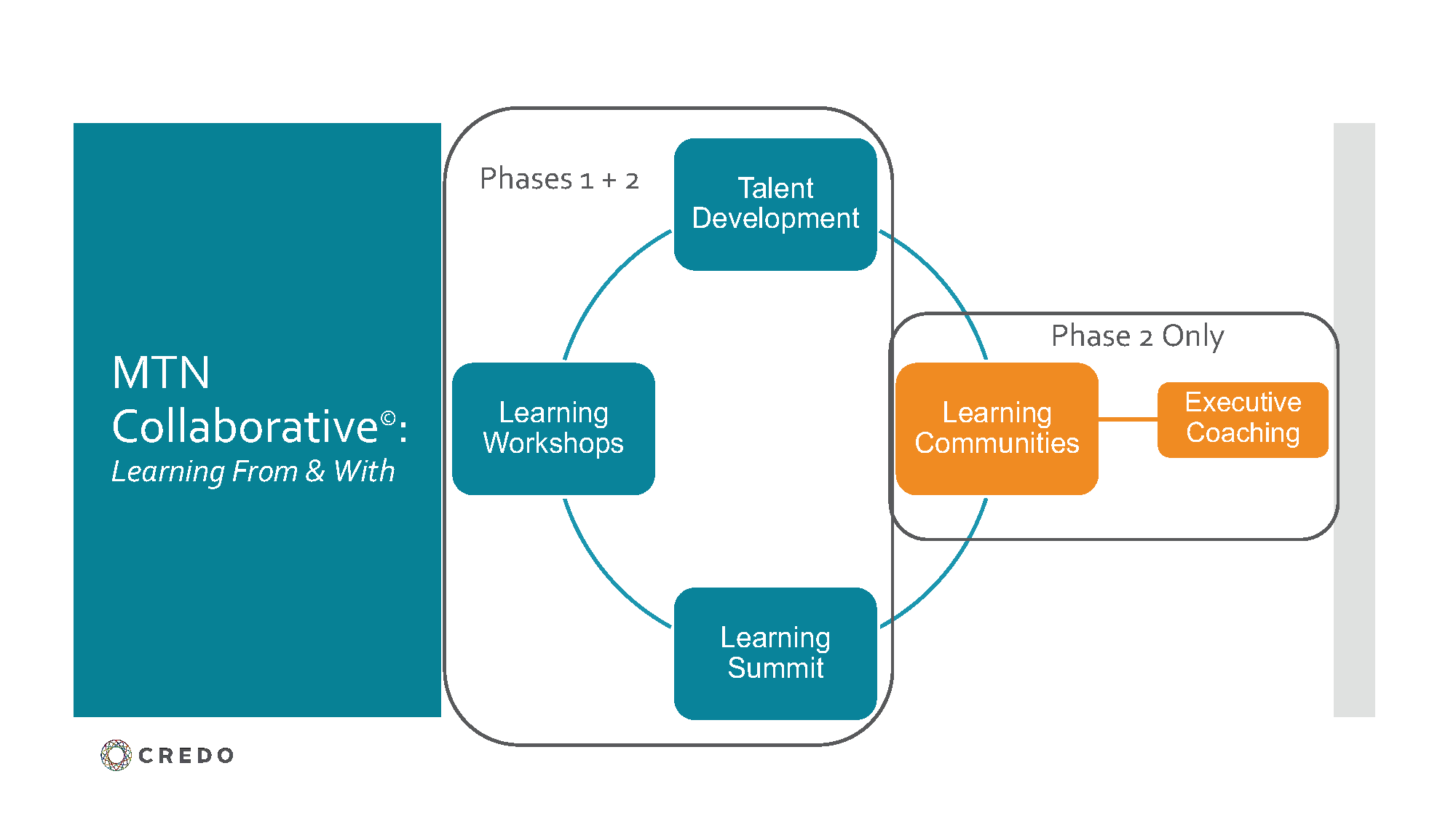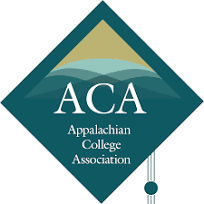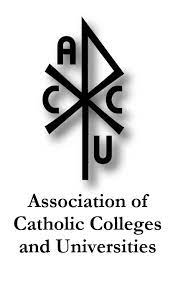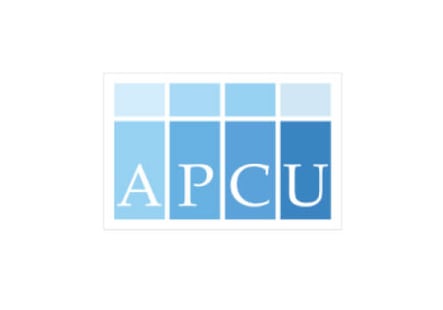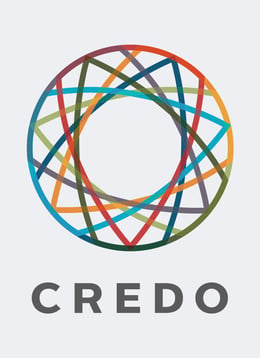Credo’s Moving the Needle Learning Workshops are a component of the MTN Collaborative, a space for shared learning among MTN campuses. Available for participants in all phases of MTN, the goal of MTN Learning Workshops is to share knowledge, resources, and highlight best practices for student success.
As a result of participating in learning workshops, attendees will:
- Learn solutions/strategies for a real-time issue in student success.
- Be empowered to implement discussed solutions/strategies on their campus to improve the student experience and increase student retention.
These virtual workshops are open to all who work at our MTN campuses.
Recent MTN Learning Workshop Topics
June 2023 Pop-up Learning Workshop - Maximizing Retention Over the Summer
September 2023 Learning Workshop - Student Success Leadership: Managing Up, Managing Through, Managing Self
October 2023 Learning Workshop - Data Drives Retention: How to Use Data to Maximize Student Success
November 2023 Learning Workshop - Minimizing Melt, Maximizing Success
December 2023 Learning Workshop - Building Collaborative Clearance Partnerships
January 2024 Learning Workshop - Supporting Student-Athlete Success

